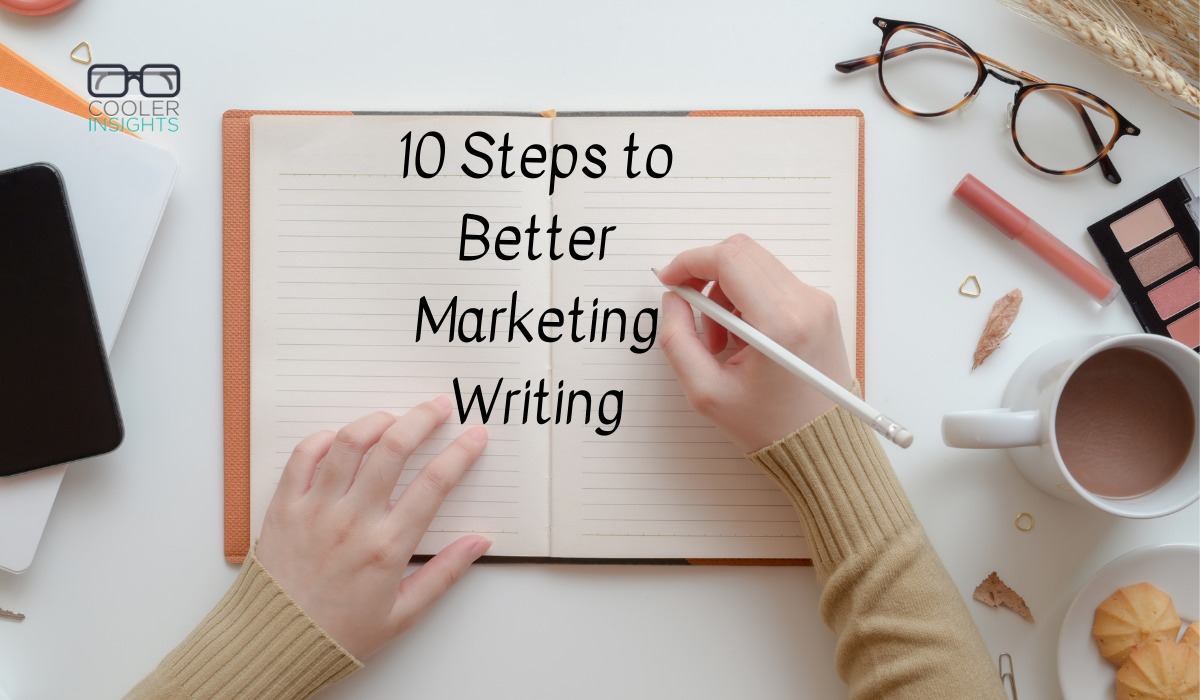Consider the following two headlines:
“Optimise Your Basal Metabolism with Product X – The World’s Most Technologically Advanced Nutritional Supplement”
Consider the following two headlines:
“Optimise Your Basal Metabolism with Product X – The World’s Most Technologically Advanced Nutritional Supplement”

The platforms are free but the time and effort producing them isn’t (courtesy of zenfolio)
Let’s face it. We are swamped by content.
What used to be physical has now invaded our virtual and mobile spaces. With a gazillion blogs, videos, photos, podcasts, slide presentations, and so on, consumers are literally “consumed” by data.

Can you write in a compelling fashion? Are you able to persuade your marketing prospects with your prose?
In many marketing and sales professions, being able to write well gives you a significant edge over others.
Wordsmiths are highly valued in most organisations – especially if your words can magically transform complex and arcane concepts into attractive ideas exhibiting Zen-like simplicity.
I am a writer. Wordsmithing is my craft.
I eat, pray and love the written word. My spare moments are spent reading, writing, or listening to words that bring knowledge, inspiration, comfort, wisdom and joy.

Do you consider this a good slogan?
In the world of branding and advertising, developing a catchy slogan or tagline is probably considered the Holy Grail of the craft. They can be found in practically anything and everything, from shampoo to milk powder, movies to museums, cities to churches, and cars to condos to credit cards.
Almost any organisation or institution worth its corporate salt would purvey these one or two liners, in the hope of raising mindshare, deepening heartshare, improving top-of-mind recall, and of course growing brand equity.
If this outdoor advertisement doesn’t catch your eye, I suppose nothing else will. No prizes for guessing what product they are pushing for! What’s more interesting though is how a seemingly simple advertisement like this follows the age-old rule of AIDA. In advertising parlance, this means Attention, Interest, Desire and Action.
1) Attention – Obviously a headline like this written in bright red on a yellow background catches one’s attention. The sentence is also provocative and uses one of the most attention grabbing word in the world (not sex but) – love.
2) Interest – In this case, the same headline also helps to stir one’s interest by using the phrase of “Making Love” and “Doing It…” which piques one’s curiosity.
3) Desire – Instilling desire (in those who are already naturally inclined) is done by weaving in words like “Longer” and “Try” which are positive building words. In other words, you can have your cake and eat it too.
4) Action – This of course is where the rubber hits the road (no pun intended), and the call for action is conveyed through the word “SMS ‘Try’ 1800 711 711”. When one is outdoors without access to the internet or pen and paper, the fastest way to do so is through SMS. And the sensitivity of the subject is such that people will probably find it easier not to have to speak to a ‘live’ person about wanting to “do it longer”!